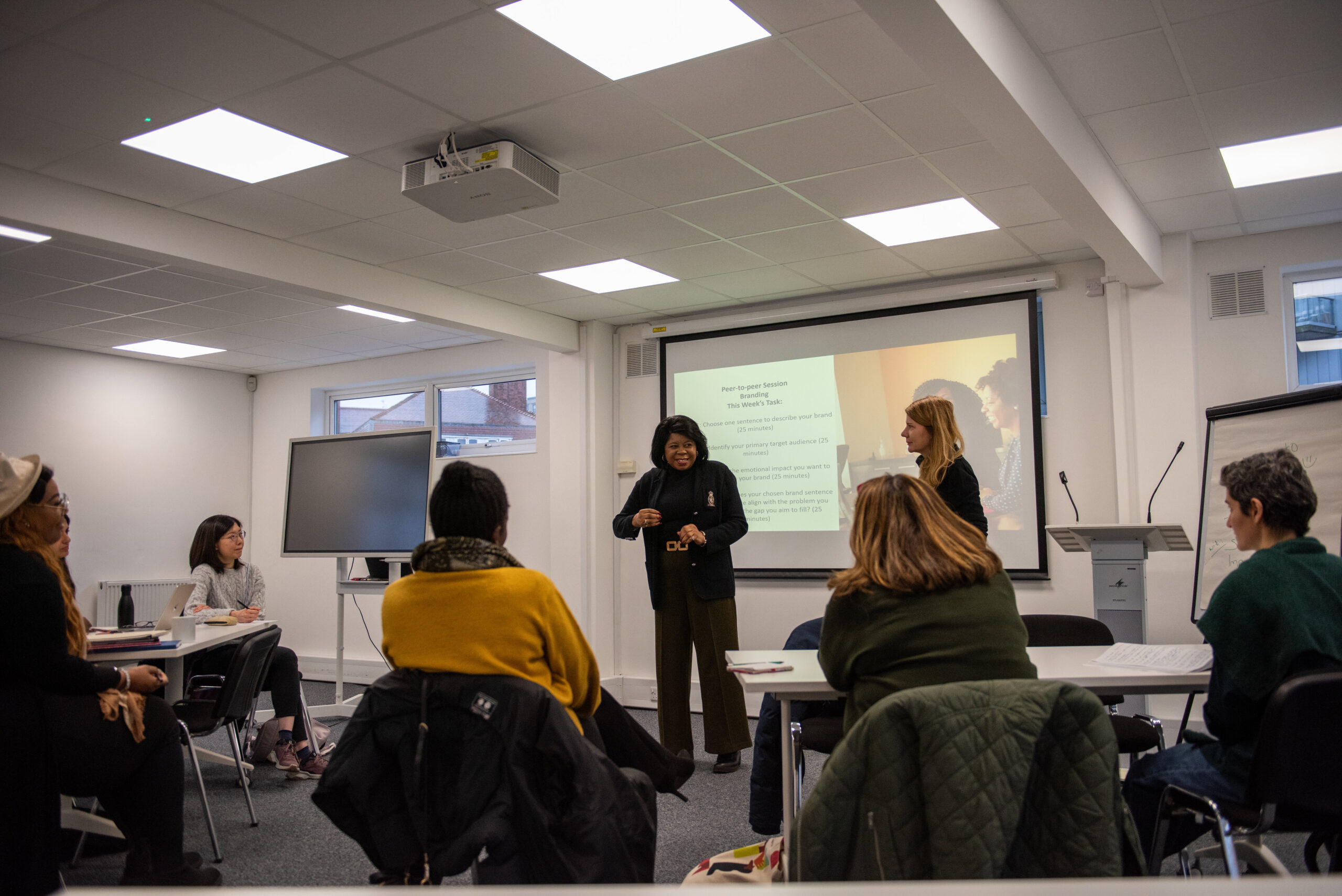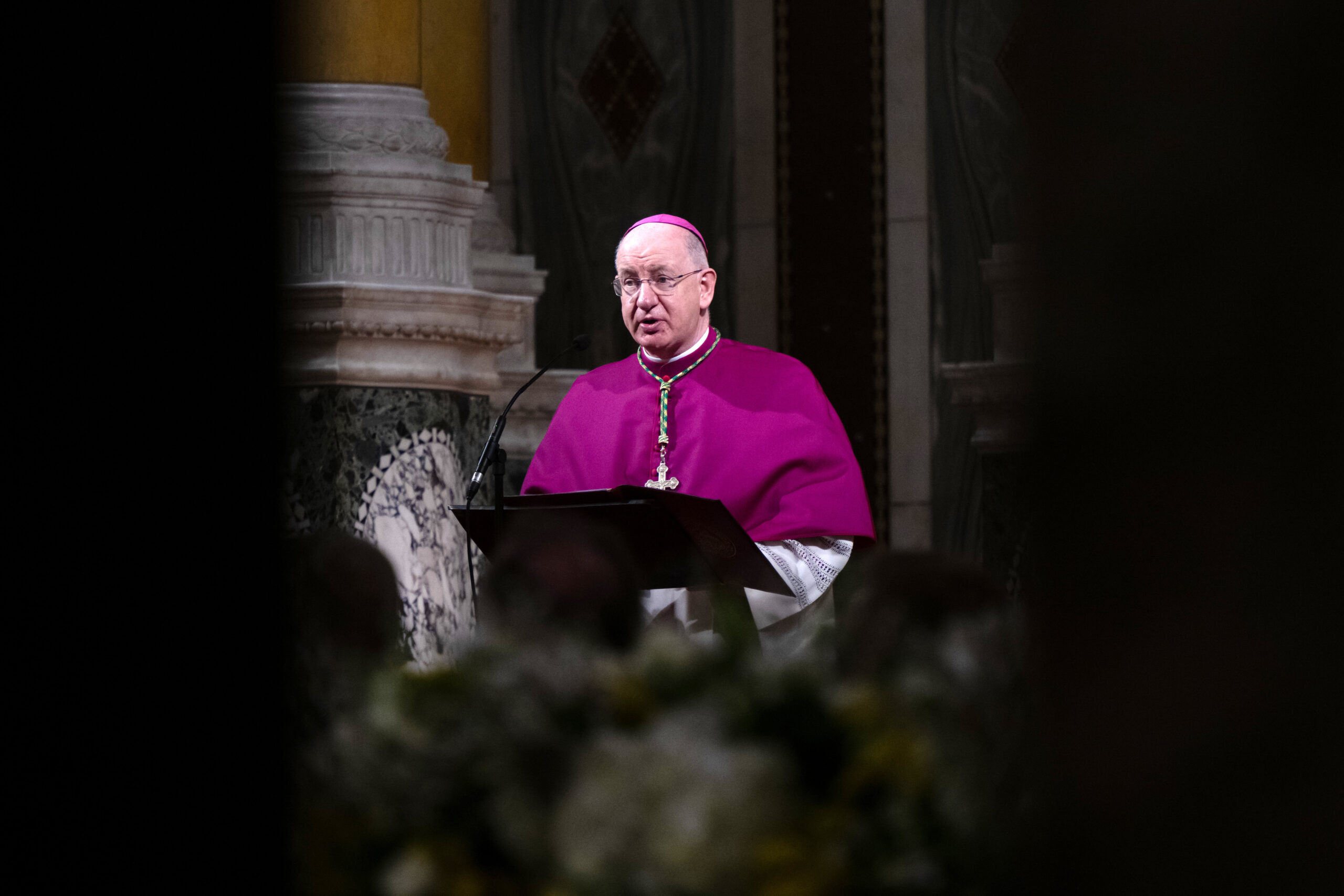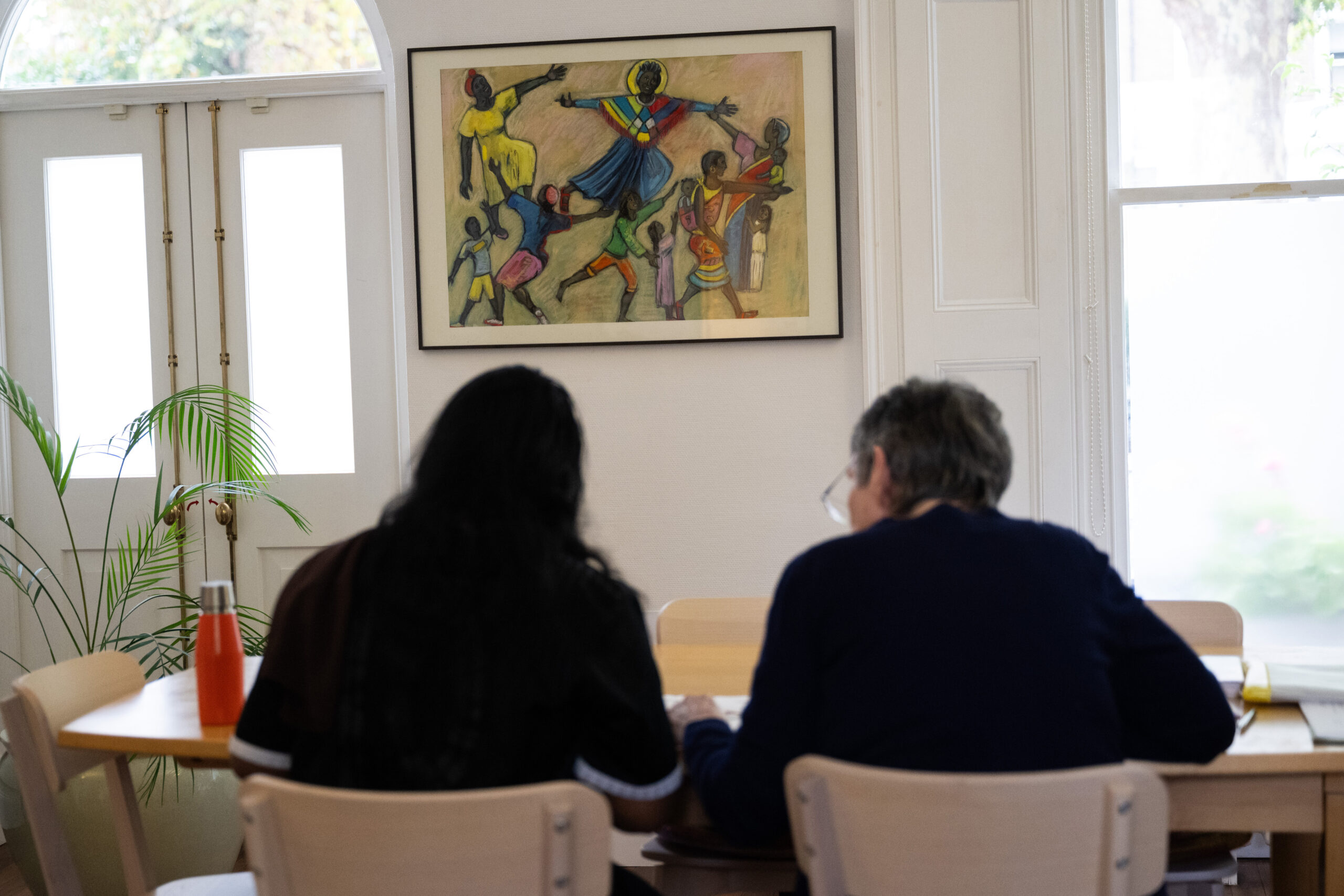by Usha Viswanathan
A recent forum at Caritas’ Westminster office saw refugee activists and church leaders address the generosity of heart that underpins efforts to support Syrian asylum seekers now being absorbed into communities throughout the United Kingdom.
A panel of volunteers working on the front lines to provide sanctuary to displaced Syrians described their experiences resettling families and sketched the process UK organizations need to follow if they are to integrate refugees into their communities.
It’s a complex and a bureaucracy riddled affair, but one that also has been a “wonderful and joyful experience” said Sean Ryan of Caritas Salford. Building on guidelines issued by the Home Office that encourage communities to explore local sponsorships of refugee families, speakers outlined the skill sets, mindset, financing, and volunteer manpower they had to assemble before their petition would be accepted by their councils, which approve or deny resettlement efforts in local wards.
Leading the effort to support Syrian exiles in the UK have been church-based groups, such as Caritas, which are urged to take up the work of sponsoring newly-arrived refugee families through a Community Sponsorship effort modeled after a similar program in Canada that has resettled nearly 300,000 people in that country.

“None of us is an expert in refugee work, but our motivation to work in this area begins in the roots of our faith,” said Nick Coke, a Major in the Salvation Army and a church leader whose parishioners provided the financing and muscle-power to renovate a house in order to sponsor a Syrian family.
Drawing upon his experiences as an exile and now an organizer with Citizens UK, a refugee protection group, Bekele Woyecha said that tensions arise as the job of caring for refugees shifts from the government to local communities. “You have to ask yourself if you are fit and proper to take on such a responsibility,” he said.
The benefits of sponsorship are significant, he noted, especially the increased direct contact between refugees and the community. Said Salford’s Ryan of his church’s experience of resettling a family of five, “It’s was a mind-blowing, transformative experience. It’s not rocket science. It really is simple stuff you need to do to create a welcoming home, but it also takes careful planning and preparation.”

Speakers described the year-long process to build a resettlement program and the strict and painstaking reviews at each step by their local councils.
Church leaders said that it was their parishioners who rose to the occasion pitching in with skill sets for tasks as disparate as: patiently filling numerous forms required by the Home Office; developing training programs for church members who would interact closely with the resettled family; raising funds for housing; and, ensuring that the family had access to a minimum guaranteed level of social welfare benefits, and no more. “We were always balancing our role as caretakers of a family with the need to provide a professional level of service,” said Ryan.
Addressing a packed room of volunteers representing refugee-response groups and private citizens, Director of Caritas Westminster John Coleby closed the session noting that the diocese is able to offer practical workshops on how to put together an application to sponsor a family. “We as human beings, and in particular being Christians, must show our support and protect the dignity of those who suffer,” he said.






